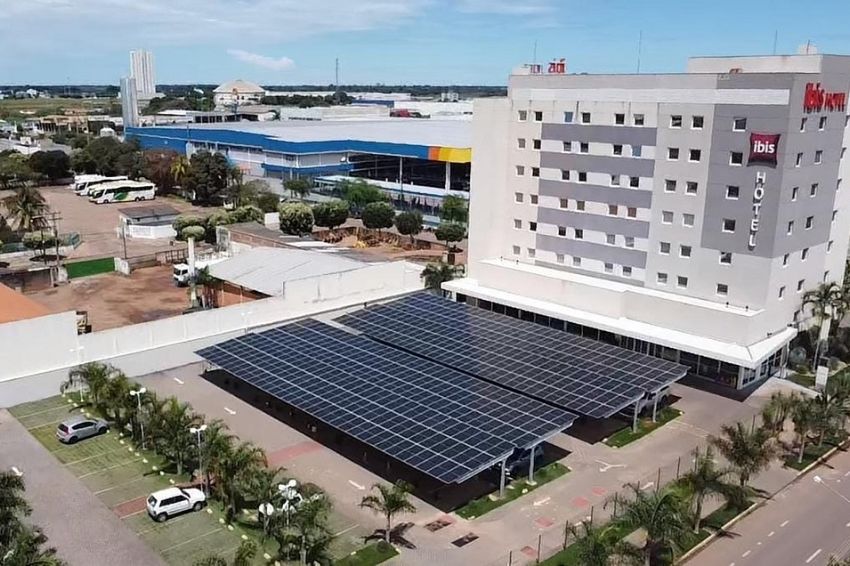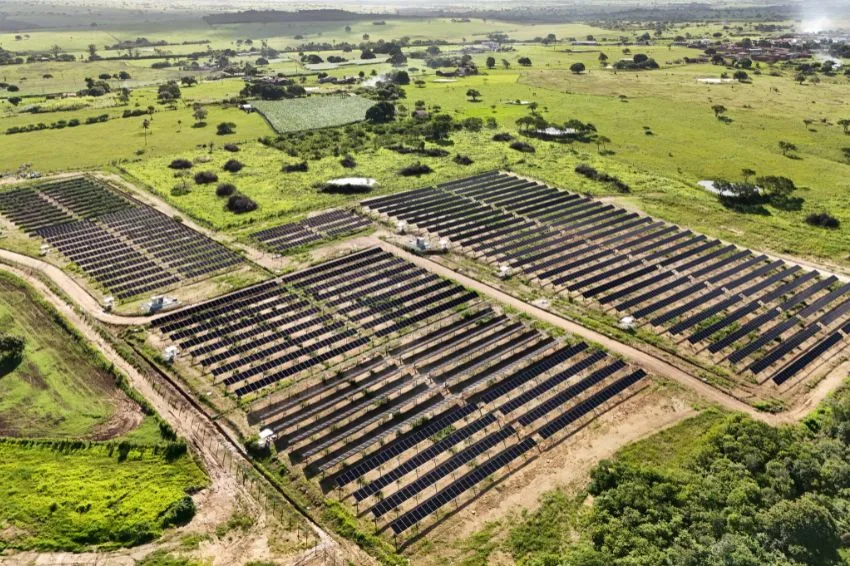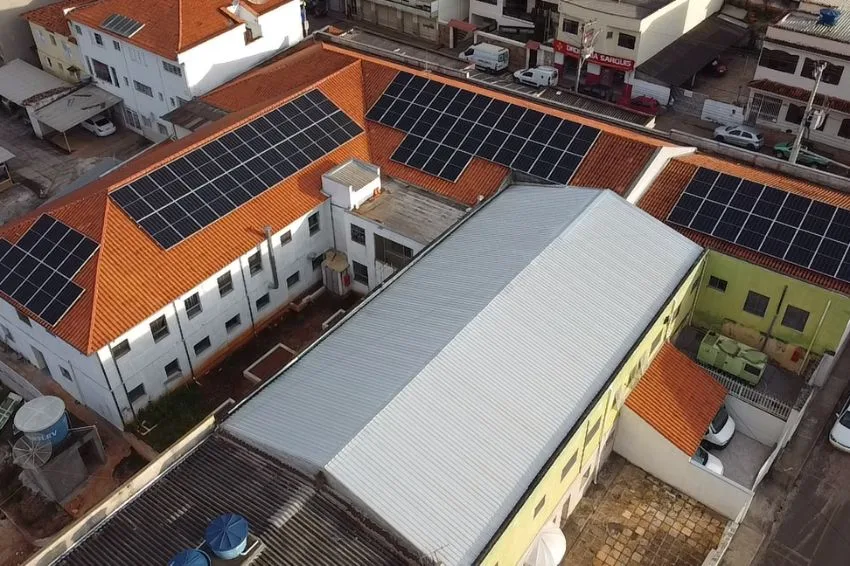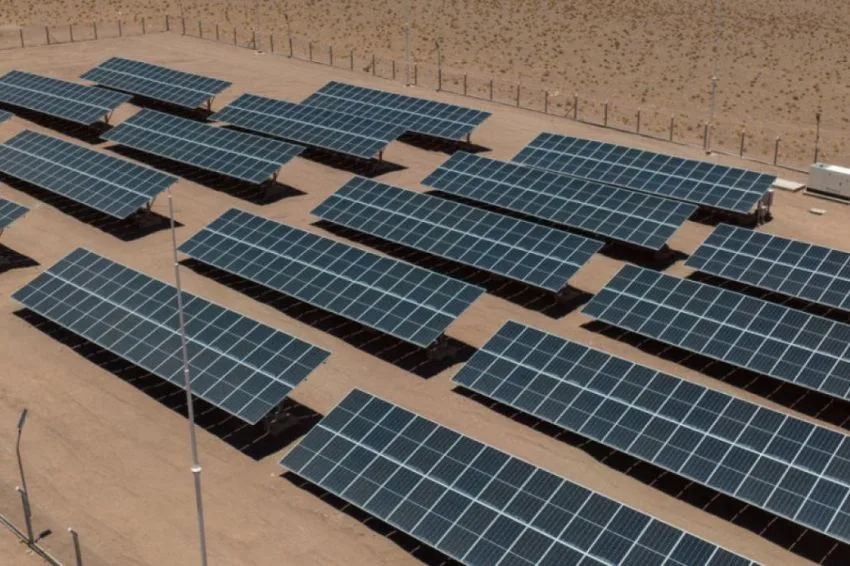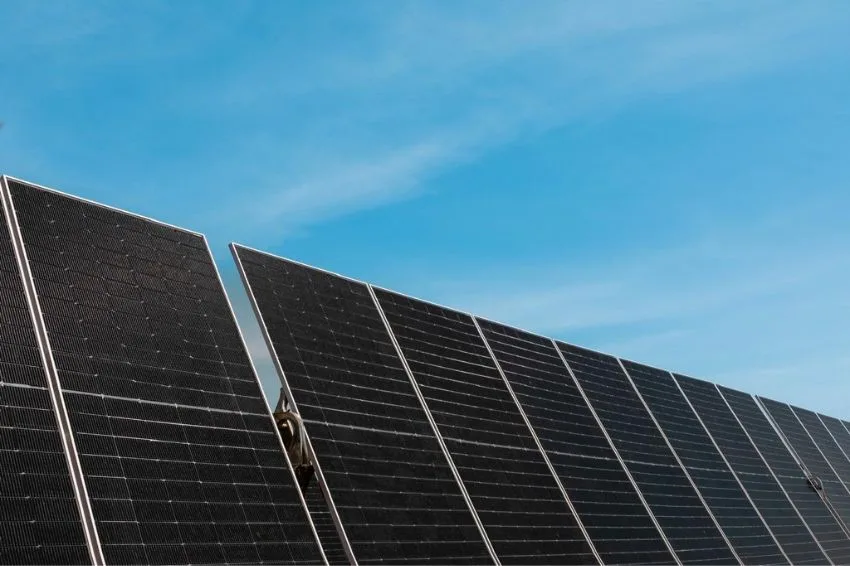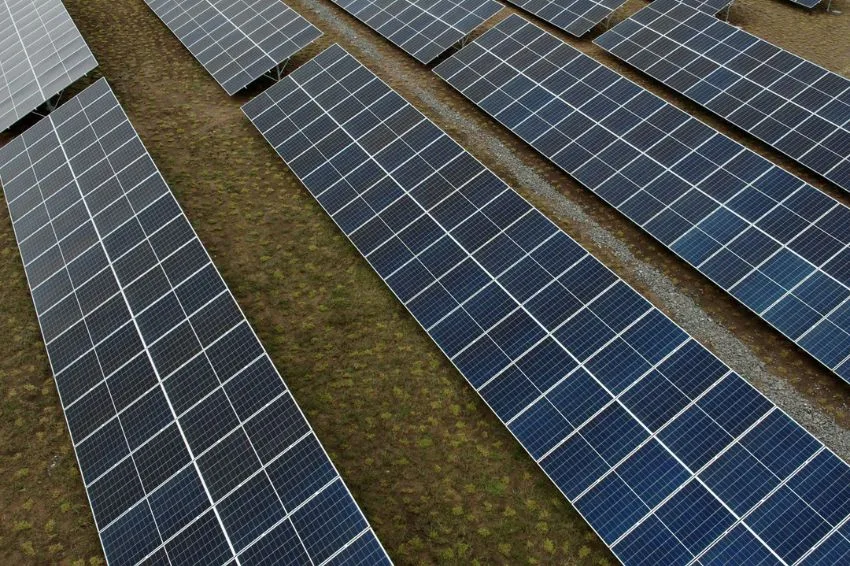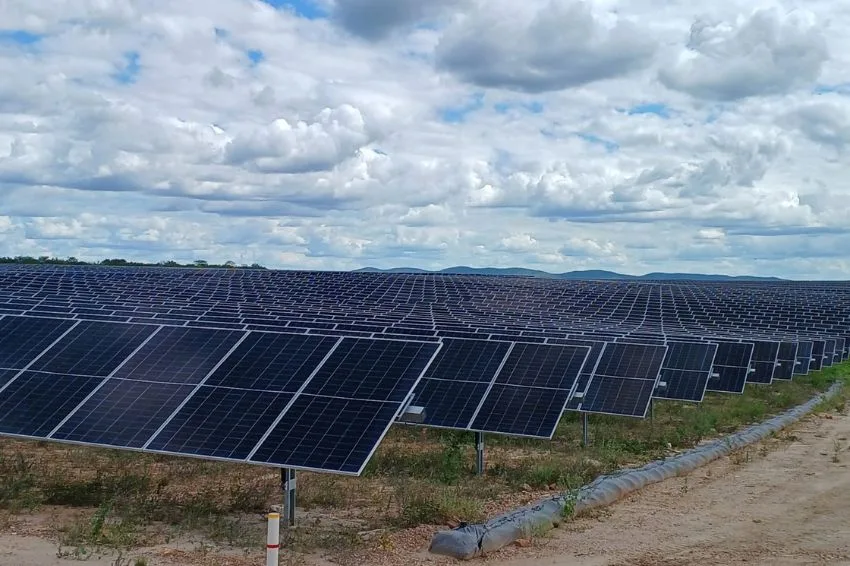A electricity represents one of the higher operating expenses of a hotel next to the payroll. According to ABIH (Brazilian Association of the Hotel Industry), around 6% of a hotel's expenses are electricity bills.
Deal with the constant increase in energy tariffs, caused by the worsening of drought in recent years, is a challenge that many companies in the sector are managing to overcome with the installation of photovoltaic systems.
This is the case of Hotel Ibis, from Sinop, in Mato Grosso, who managed to reduce electricity bill expenses by 90% It is secure much of the electricity to maintain the quality standard of its facilities, since it started operating two plants in April 2021.
Marcelo Kreibich, owner of Ibis de Sinop, paid an average of R$ 25 to 28 thousand per month for energy to maintain the complex, which has air conditioning, 114 apartments equipped with minibar, 24-hour bar, restaurant and leisure spaces and events, and currently receives an average flow of around 110 to 120 guests per day.
To reduce electricity costs, responsible for up to 8% of the hotel's operating costs, the businessman decided to install solar panels, used in other projects, also to supply the hotel. “As with other projects, I kept the inverters Fronius as they are equipment with a durability of 25 years”.
Due to limited space and shading problems, eSolar-MT, Fronius' integration partner in the region, developed a project with two plants on the ground. The Ibis I photovoltaic plant was implemented in parking area, and has 384 modules connected with four 25 kW Fronius Eco inverters and two 8.2 kW Fronius Primo models.
According to Sérgio Valim, technical director at eSolar-MT, the Primo line equipment is the most suitable for compensating for losses in the shading area, as it is smaller and has only 1 MPPT. “With this, we were able to optimize energy production, without compromising the vehicle circulation area.”
The Ibis II plant, with 270 modules and three 25 kW Eco inverters, was assembled on the ground on the property of the municipality of Nova Bandeirantes, 520 km away. The two units generate a total of 34 kWh of energy, enough to cover around 90% of the hotel's demand.
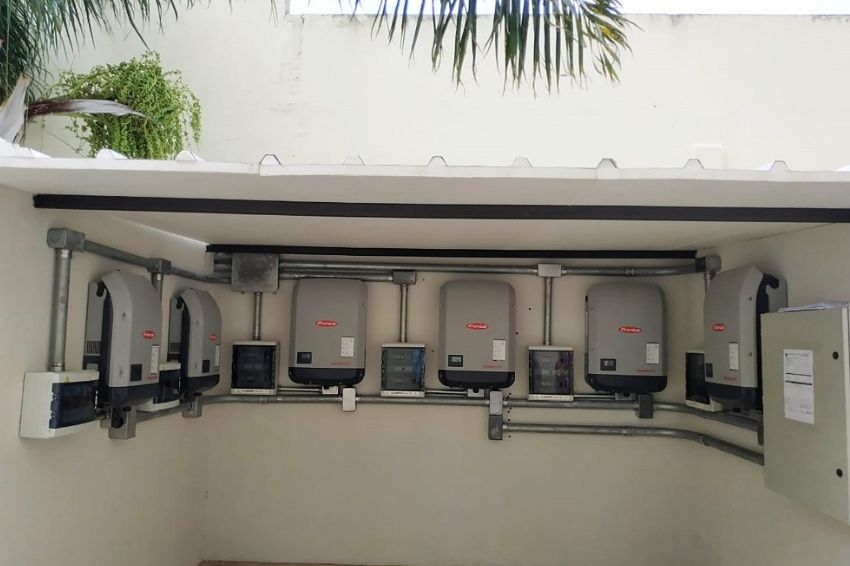
Prosumer technology
According to Kreibich, he pays around R$ 5 thousand per month, including the minimum fee and system financing. “But, with seasonality, I still need to turn on the generator for three hours and the bill comes to R$ 10 thousand per month.” The entrepreneur expects to have a return on investment in 5 to 6 years.
“The technology adopted by Hotel Ibis and other Kreibich ventures was developed so that the user becomes what we define as a 'prosumer', a conscious consumer who, in addition to producing, also manages the energy he uses”, stated Alexandre Rezende, manager of business of the Fronius Solar Energy unit.
Rezende highlighted that all of the brand's inverters have the advantage of being robust, which maintains the high standard of performance and durability of the photovoltaic system, and the ability to monitor equipment performance and optimize consumption through the Solar.web portal.


